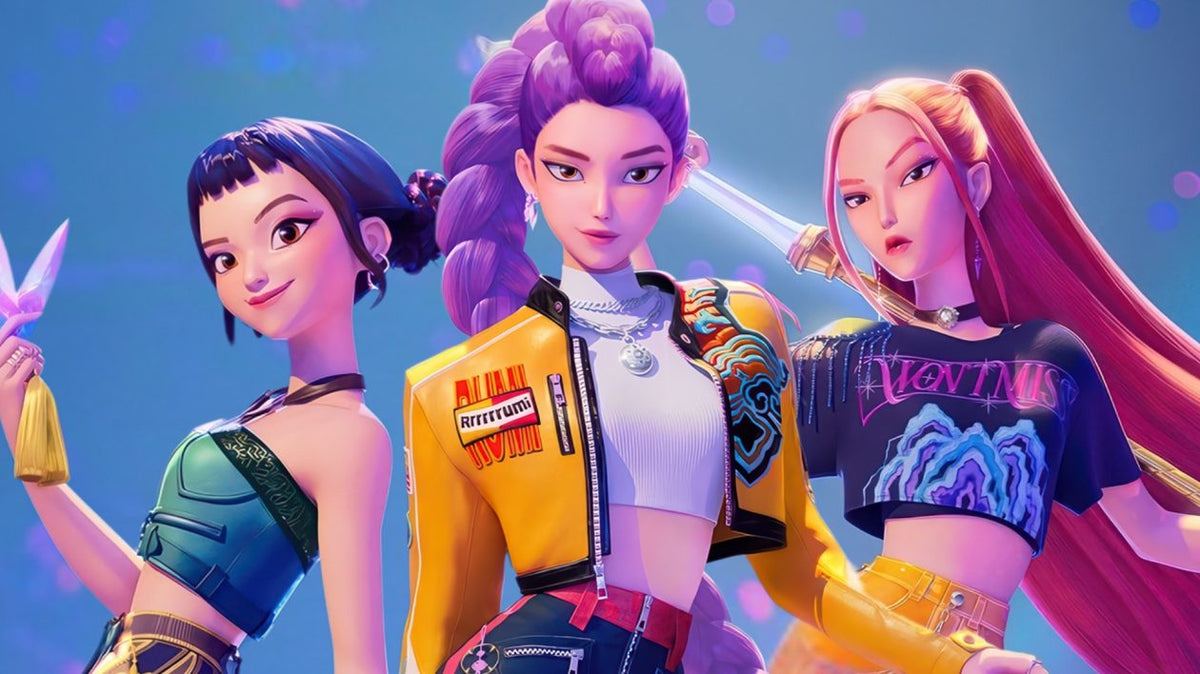The Light of the World (2025) Review — An Animated Gospel That Shines with Truth and Hope
The Light of the World (2025) beautifully animates the life, death, and r...


The Light of the World (2025) beautifully animates the life, death, and r...

Matt Shakman's The Fantastic Four: First Steps is a delightful departure from modern superhero fare, embracing a c...
